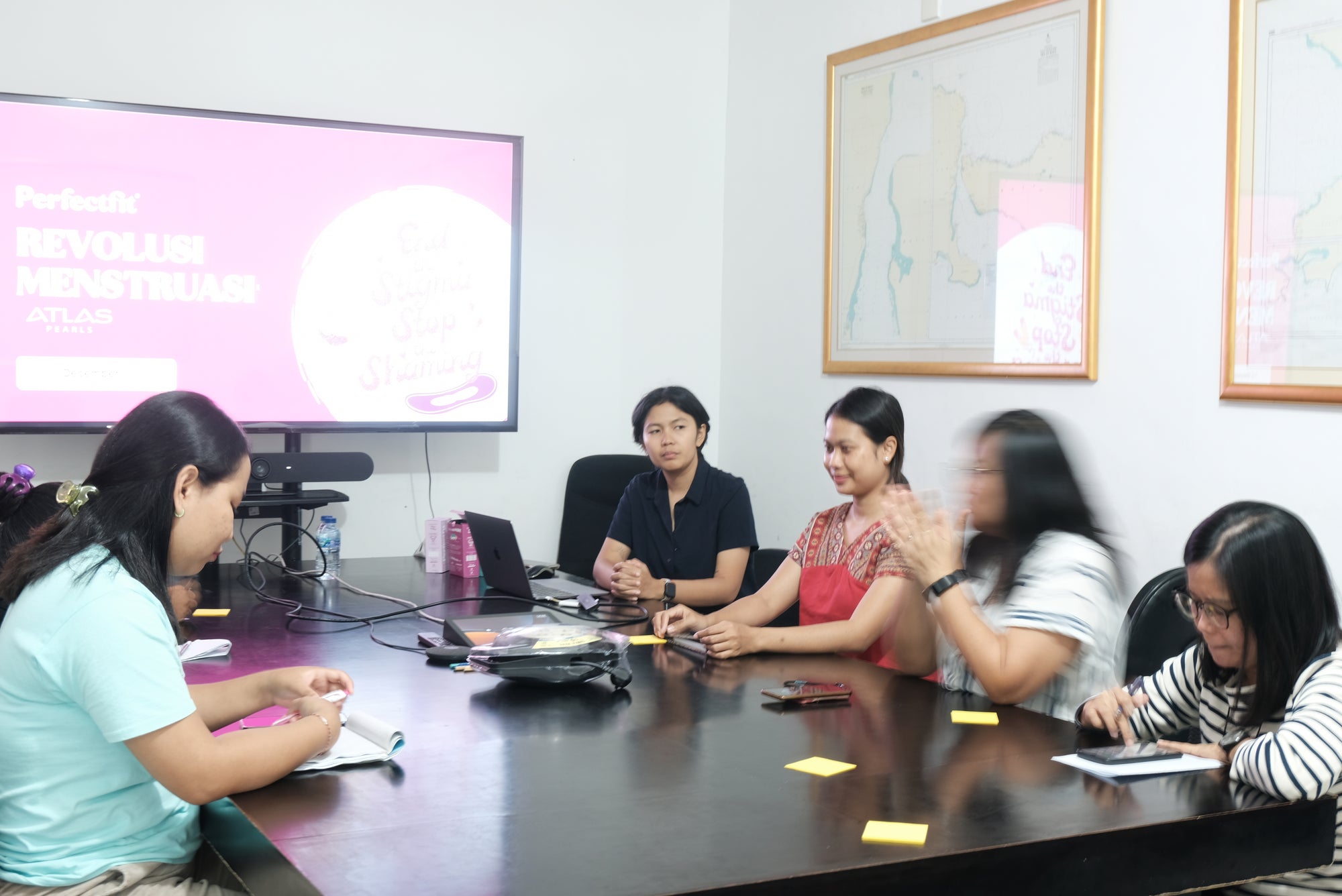
The Impact of Menstrual Health on Workplace Well-being
Rhiannon Hardy
The Silent Struggle
In our fast-paced, digitally driven world, workplace burnout and mental health challenges have escalated considerably. The instant connectivity through our phones and laptops has blurred boundaries and eliminated an ability for workers to ‘switch off’. Stress and other mental health issues are only exacerbated by the challenges of PMS, menstruation and menopause for women. It is a silent struggle that often goes unaddressed which is why implementing educating strategies to support both the physical and emotional well-being of the workforce is vital for any organization.
Menstruation is a natural biological process, yet a study conducted by WaterAid in 2022 revealed that 85% of women experience stress or anxiety when managing their periods at work. This is because discussions are limited and education is lacking even among women themselves. Therefore by encouraging company-wide education programs that focus on empowerment and understanding for women and men companies can improve engagement and productivity. Advanced education for human resource representatives and leaders is also important for creating change. By investing in employee well-being companies can profit from financial benefits, higher retention of employees and better well-being scores. Hence by taking proactive measures to deconstruct taboos and encourage education, organizations can help alleviate a portion of the anxieties experienced by female employees and improve productivity simultaneously.
Creating a Supportive Work Environment
Stress is a natural part of a healthy lifestyle. However, 33% of women experience irregularities in their menstrual cycles as a direct impact of stress. Randa Jalloul, OB-GYN explains that “stress can cause an increase in endorphins and cortisol secretion which interrupt hormone production” which can result in missing a period, a delay to the regular cycle or heightened PMS symptoms. This disruption to the natural cycle of the body is incredibly unhealthy and stress that causes this should not be accepted in the workplace.
Leaders and CEOs need to take active steps to building a work environment that is not only productive but also nurturing to those who work there. Facilitating accessible menstrual products, encouraging open discussions, and providing educational sessions are some important steps that can be taken to create an inclusive workplace culture, where employees feel valued and understood. This not only improves mental and physical well-being throughout the workforce but also empowers employees to perform at their best, even during their menstruation.

Perfect Fit: Bridging the Gap
Perfect Fit strives to bridge the abundant menstrual education gaps in our communities, schools, and workplaces by providing support for women. Perfect Fit workshops are uniquely designed to educate in a caring and holistic way, and aim to dismantle stigmas by empowering the entire workforce. We work with compassion and expertise to facilitate growth and development in all workplaces. Feedback from a recent collaboration with Seabank where Perfect Fit provided insightful menstrual health education to 50 female employees showed that 85% of the participants felt inspired by the workshop and agreed that companies should advocate more frequently for similar meaningful development opportunities.
Overall, caring for the well-being of employees isn't just an ethical responsibility; it's a smart business decision. Creating a healthier and more productive work environment is a priority for all companies and menstrual health education certainly improves the success of those goals.
Recommendation : Initial steps for a healthy workforce:
- Invest time and budget into educating leaders
- Empower the workforce with adequate resources and an understanding of their legal obligations especially when it comes to their rights surrounding menstrual health
- Offer inhouse support systems such as mentoring, counseling
- Offer out of house support such as gym or meditation memberships
- Facilitate opportunities for personal development within the workplace such as workshops and programs
https://hrnews.co.uk/women-are-suffering-from-burnout-more-than-men/
https://www.wateraid.org/uk/media/managing-periods-in-the-workplace-poll
